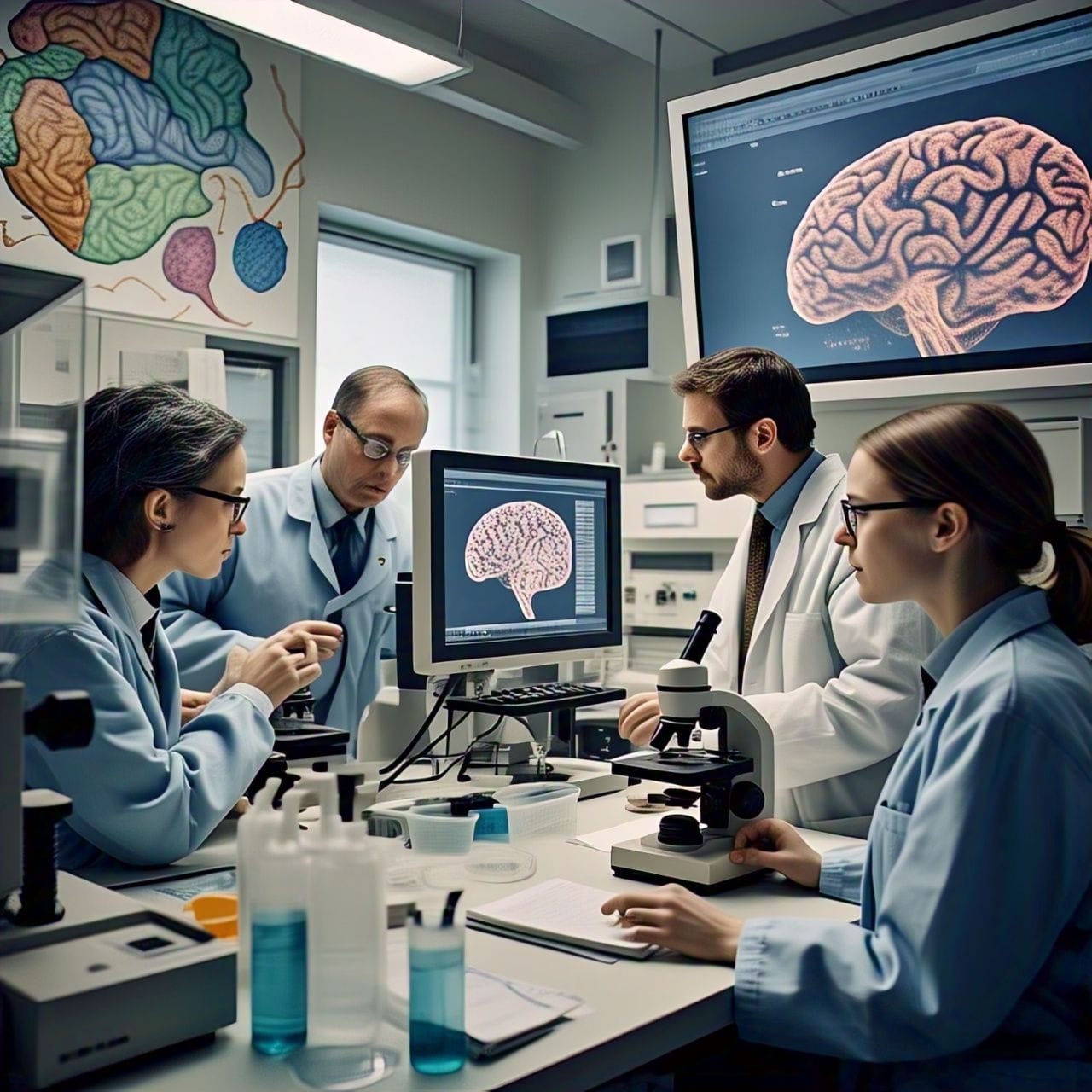The Shape-Shifting Brain: How Neurons Rewrite Themselves and What It Means for Science
As research continues, we may be on the brink of a new era where the brain’s adaptability is no longer a mystery, but a tool for improving lives worldwide.

For decades, neuroscientists believed that brain cells, or neurons, were hardwired to perform specific functions, locked into their roles from the moment they formed. This understanding shaped everything from how we approached brain injuries to how we studied cognitive disorders. But a study published in Science by researchers from UC Santa Cruz and UC San Francisco has upended this belief. It reveals that brain cells are far more adaptable than we ever imagined, opening new doors for neuroscience, medical treatments, and our understanding of cognitive flexibility.
Traditionally, neuroscientists classified neurons into distinct types, each assigned a particular job. The brain consists primarily of two types of neurons: excitatory neurons, which make up about 80% of all brain cells and drive neural communication, and inhibitory neurons, which regulate and balance brain activity. Among inhibitory neurons, a special subtype called parvalbumin-positive neurons plays a crucial role in brain plasticity, learning, and sensory adaptation.
The prevailing idea was that once a neuron developed into a specific type, it retained that identity permanently. This rigidity suggested that brain functions were predetermined and that treating neurological disorders would require external interventions like medications or surgeries to compensate for damaged neural pathways.
The 2025 study by UC Santa Cruz and UC San Francisco researchers challenges this assumption. Using a 3D brain tissue model, the scientists discovered that neurons are not permanently locked into their identities. Under certain conditions, they can change their type and function.
The researchers cultivated a large number of lab-grown neurons and introduced them into miniature, brain-like structures. These models provided an environment similar to the human brain, allowing scientists to observe cellular behavior in real time. The most striking finding was that some inhibitory neurons, specifically somatostatin neurons, transformed into parvalbumin-positive neurons, something previously thought impossible.
This revelation carries enormous implications for neuroscience and medicine. The ability of neurons to adapt and switch identities suggests that the brain has an inherent mechanism for self-repair. This could revolutionize treatments for neurodegenerative diseases like Alzheimer’s and Parkinson’s, as well as developmental disorders like autism and schizophrenia.
1. Rethinking Brain Plasticity: The study suggests that the brain’s adaptability goes beyond forming new connections, it can also modify the very identity of its cells. This means our ability to learn, recover from injuries, and even adapt to new environments may be more profound than we ever thought.
2. Implications for Autism and Schizophrenia: Parvalbumin-positive neurons play a crucial role in brain flexibility. They influence how we learn new languages, adjust our senses, and process information. Disruptions in these neurons have been linked to autism and schizophrenia. If scientists can harness the ability of neurons to change their identity, they may develop new therapies for these conditions.
3. Hope for Brain Injury Recovery: Currently, when a person suffers brain damage whether from stroke, trauma, or neurodegenerative disease lost functions are often considered irreversible. But if neurons can be encouraged to shift identities, it might be possible to restore lost functions by guiding cells to adopt new roles.
This discovery leads the way for further research into brain plasticity and neuron adaptability. Scientists now face exciting new questions:
What triggers a neuron to change its type?Can we control this transformation to treat neurological disorders?How does this process occur in a living brain versus a lab-grown model?
Future studies may focus on how to safely and effectively induce neuron transformation in human brains, potentially leading to groundbreaking medical treatments.
While the ability to reprogram brain cells sounds like a miracle cure, it also raises ethical and safety concerns. Manipulating neurons could have unintended consequences, such as altering cognitive functions in unpredictable ways. Any future treatments must be rigorously tested to ensure they are safe and do not cause more harm than good.
The discovery that neurons can change their identity marks a paradigm shift in how we understand the brain. It challenges long-held assumptions and opens new avenues for treating brain disorders, enhancing cognitive abilities, and even unlocking human potential. As research continues, we may be on the brink of a new era where the brain’s adaptability is no longer a mystery, but a tool for improving lives worldwide.
With every breakthrough, science moves closer to discovering the full capabilities of the human mind. And perhaps, in the near future, conditions once deemed untreatable will find solutions hidden within the brain’s own remarkable ability to adapt and evolve
 Sunny Parayan
Sunny Parayan
#Neuroscience #CognitiveScience #NeuroResearch #BrainHealth #ScientificBreakthrough #FutureOfMedicine #MentalFlexibility #BrainScience #healthvoice
